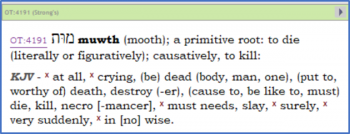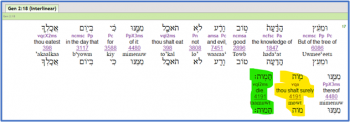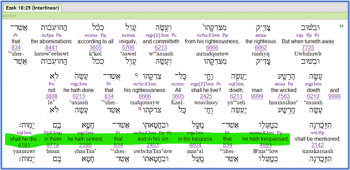Hello @Jay Ross,
In Genesis 2:7, Adam and Eve had not experienced death, so how could the death they were being warned about in this verse be a 'second' death for them?
Thank you
In Christ Jesus
Chris
Perhaps we need to consider Genesis 6:3 which states: -
3 And the Lord said, "My Spirit shall not strive with man forever/for a long period of time {which concludes at the vanishing point of the time period in question},[1] for he is indeed flesh; yet his days shall be one hundred and twenty years."
For me, this verse suggests that God had indeed created mankind with a determined life span before he would die from a physical death. This verse simply suggests that God was now choosing to limit the length of mankind's' life to a maximum period of just 120 years in the future from what was recorded for people born during the time up to the flood. (Please remember that Enoch is the exception as he was taken by God up into the heavens when he was around 365 years old.)
We should be careful not to draw conclusions from the silence of particular scripture verse without first considering the whole context first.
Shalom
[1] We know from scripture, that God has set a limit of seven ages before the time of the final judgement will occur. The vanishing point for this time period may be the refurbishment of the earth after the Great White Throne room judgement that is recorded in the Revelation 20, where those who are judged to not be righteous will die the second death.
Another meaning, that can be considered for this verse, is that God will not strive with each individual person for a long period of time, where the vanishing point for this life cannot be easily comprehended by mankind. The nominal duration for the life of mankind up and until the time of the flood, was 900 plus years. After the flood, over a period of some twenty descendent generation, the physical life span for a man had reduced to no more than 120 years in line with this verse.




